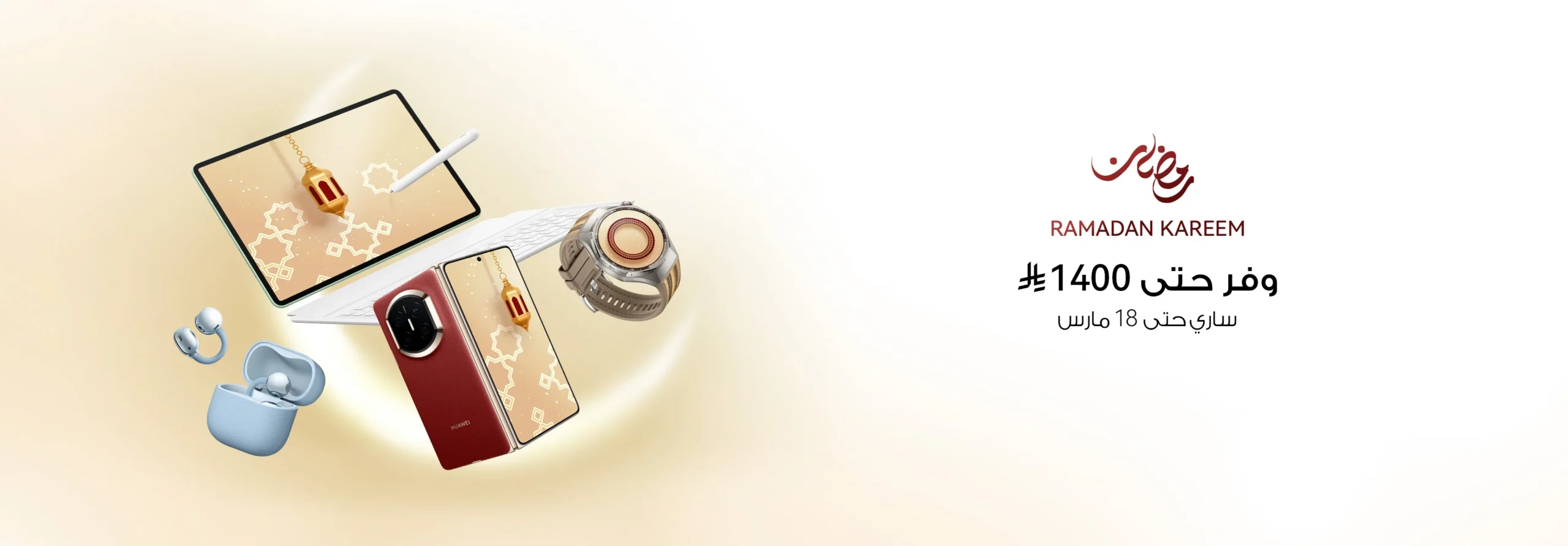Companies are always looking for ways to streamline processes, reduce costs, and make transactions safer. One way businesses are achieving this is through the use of smart contracts and automation. These technologies are revolutionizing the way businesses interact with each other by making B2B (business-to-business) transactions faster, more secure, and more cost-effective.
In Dubai, a city known for its focus on innovation and technology, these solutions are helping businesses stay competitive. As a mobile app development company in Dubai, we have seen how businesses are benefitting from these tools.
What Are Smart Contracts?
Smart contracts are digital agreements that automatically execute actions when certain conditions are met. Unlike traditional contracts that require human oversight and signatures, smart contracts run on blockchain technology, which is secure, transparent, and cannot be altered once agreed upon. These contracts are designed to reduce the need for intermediaries like lawyers, banks, or other third parties.
Key Points About Smart Contracts:
- Automation: Once both parties agree to the contract terms, the contract is coded and executed automatically when the conditions are met.
- Transparency: All actions taken are recorded on a blockchain, ensuring that everyone involved can see the progress.
- Security: Blockchain ensures that the contract cannot be tampered with once it’s been signed.
- Speed: With no intermediaries involved, smart contracts execute faster than traditional contracts.
For example, in a B2B deal, a smart contract can automatically release payment to a supplier once goods have been delivered. This process happens without the need for human oversight, making the transaction quicker and reducing errors.
How Do Smart Contracts Work in B2B Transactions?
Smart contracts work by storing the terms of an agreement in a blockchain, which is a decentralized digital ledger. Once both parties agree on the contract terms, the contract is coded into the blockchain. The contract will automatically execute the agreed-upon actions when certain conditions are met, such as transferring money, confirming delivery, or transferring ownership.
Key Features of Smart Contracts in B2B Transactions:
- No Intermediaries: There is no need for third parties like banks, lawyers, or notaries. This reduces costs and speeds up transactions.
- Self-Executing: The contract executes automatically, ensuring that all parties fulfill their obligations without needing manual intervention.
- Immutable: Once a smart contract is created, it cannot be changed or altered without agreement from all parties, reducing the risk of fraud or disputes.
- Tracking: All actions are recorded on the blockchain, providing a transparent and verifiable history of the contract’s execution.
For example, if a company in Dubai is purchasing goods from another business, the smart contract will automatically release the payment once the delivery is confirmed. The entire transaction is tracked on the blockchain, giving both businesses confidence that the deal was carried out as agreed.
Benefits of Smart Contracts and Automation in B2B Transactions
Using smart contracts and automation in B2B transactions has many advantages for businesses, including cost savings, increased speed, and enhanced security. Here are some of the key benefits:
Key Benefits of Smart Contracts and Automation:
- Cost Savings: By eliminating the need for intermediaries, businesses can avoid additional costs such as legal fees, transaction fees, and processing fees.
- Speed: Smart contracts automatically execute actions once conditions are met, which can significantly reduce transaction time compared to traditional methods.
- Accuracy: Automation removes the possibility of human errors in contract management, ensuring that all terms are followed exactly as agreed.
- Security: Blockchain technology makes smart contracts secure and tamper-proof, preventing fraud and unauthorized changes.
- Transparency: Since all actions are recorded on the blockchain, all parties have access to the same information, leading to increased trust and fewer disputes.
With these benefits, businesses can focus more on their core operations and less on managing contract execution. This allows them to save time and money while ensuring that their transactions are secure and accurate.
Real-World Examples of Smart Contracts in B2B Transactions
Several industries are already using smart contracts to improve their B2B transactions. Here are some real-world examples of how smart contracts are being applied:
Examples of Smart Contracts in Action:
- Real Estate: In Dubai, the real estate sector is using smart contracts to simplify property sales. Once a buyer and seller agree on the terms, the smart contract automatically handles the payment and transfer of ownership once the conditions are met.
- Supply Chain Management: Smart contracts are being used to automate processes in supply chains. For example, a business can automatically release payments to suppliers when goods are delivered and confirmed. This reduces delays and ensures that transactions happen on time.
- Trade Finance: In international trade, smart contracts are speeding up payment processing and ensuring that payments are made once conditions such as delivery and shipment are met. This makes cross-border transactions faster and more reliable.
- Insurance: Insurance companies are using smart contracts to automate claims processing. Once a claim is verified, the smart contract can immediately process and release the payment, reducing paperwork and delays.
The Role of Mobile Apps in Managing Smart Contracts
Mobile apps play an important role in managing smart contracts by allowing businesses to track and interact with them on the go. Mobile apps are making it easier for businesses to use smart contracts from anywhere, providing real-time updates and notifications.
How Mobile Apps Help Manage Smart Contracts:
- Remote Access: Mobile apps allow business owners and managers to track the status of contracts and transactions from anywhere.
- Real-Time Updates: With a mobile app, businesses can receive notifications when a contract is executed or when important actions occur, such as when payment is made or goods are shipped.
- User-Friendly Interface: Mobile apps make it easy for businesses to create, manage, and monitor smart contracts through an intuitive interface that doesn’t require technical knowledge.
For example, a mobile app development company in Dallas might create an app that allows businesses to manage their smart contracts easily, providing a seamless experience and allowing users to interact with their contracts from their smartphones.
The Future of Smart Contracts and Automation in B2B Transactions
The use of smart contracts and automation is expected to grow in the coming years, especially as businesses increasingly rely on digital technologies to improve efficiency and reduce costs. As blockchain technology continues to evolve, businesses will find even more ways to leverage these tools to streamline operations.
The Future of Smart Contracts:
- Integration with AI: In the future, smart contracts could be combined with artificial intelligence to further automate decision-making processes and improve contract management.
- More Industry Adoption: More industries, from healthcare to finance, will start adopting smart contracts to automate their transactions and reduce manual work.
- Greater Efficiency: As blockchain technology improves, the execution of smart contracts will become faster, more secure, and more cost-effective, helping businesses optimize their operations.
For Dubai-based businesses, this represents a major opportunity to stay ahead of the curve. By adopting smart contracts and automation, they can lead the way in digital transformation and stay competitive in an increasingly tech-driven world.
Conclusion
Smart contracts and automation are transforming B2B transactions, making them faster, more secure, and more cost-effective. With no intermediaries involved, businesses can streamline their processes, reduce costs, and ensure greater transparency. As mobile apps play a key role in managing these contracts, businesses can interact with their agreements easily and efficiently from anywhere. In the future, smart contracts will continue to evolve, bringing even more benefits to businesses worldwide. As Dubai embraces these technologies, businesses in the city can look forward to greater efficiency and success in the digital age.








